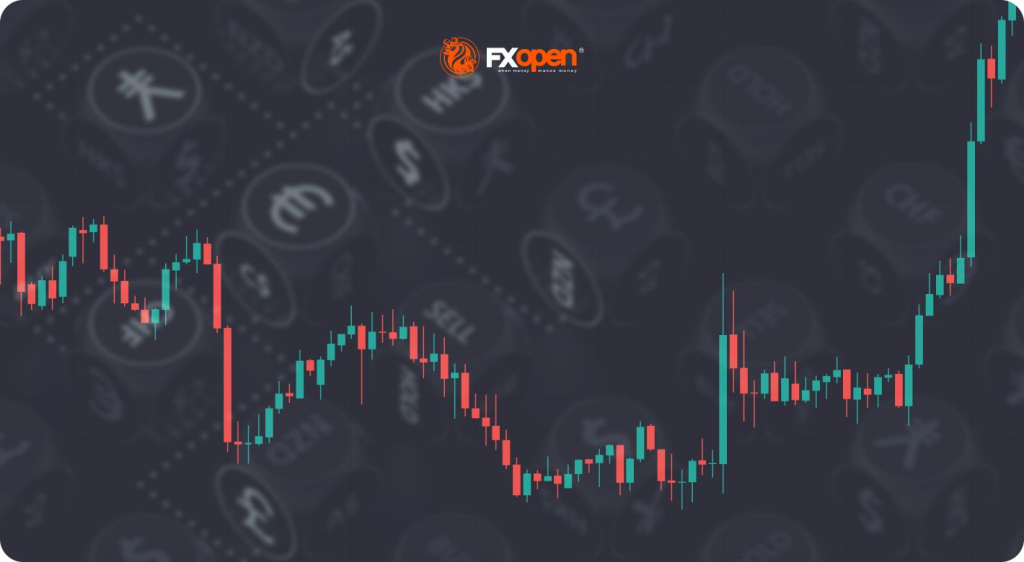Forex, short for international change, is the largest economic market on the planet, with a daily trading size exceeding $6 trillion. It’s wherever currencies are ordered and bought, rendering it an important part of international finance. Forex trading requires the change of 1 currency for another, and their acceptance stems from the ability to benefit from the varying trade rates.
The forex industry works twenty four hours a day, five days weekly, thanks to their decentralized nature. Significant economic sites global, such as London, New York, Tokyo, and Sydney, lead to the regular trading activity. That supply makes it easy for traders from numerous time areas to participate.
Forex trading mostly occurs in currency couples, such as for example EUR/USD (Euro/US Dollar) or USD/JPY (US Dollar/Japanese Yen). The very first currency in the couple is the beds base currency, and the second is the estimate currency. The trade rate represents the amount of the offer currency expected to buy one model of the base currency. Traders imagine on whether a currency may recognize (go up) or depreciate (go down) in value relative to their counterpart.
To engage in forex trading, one needs a forex broker, a financial intermediary that provides usage of the forex market. Brokers offer different trading platforms, resources, and assets to greatly help traders produce knowledgeable decisions. Moreover, traders can decide between various kinds of accounts, such as typical, little, or micro reports, depending on their chance threshold and trading capital.
Specialized and essential evaluation are two essential strategies used in forex trading. Specialized analysis requires studying historical cost graphs, habits, and indicators to predict future value movements. On the other hand, elementary examination is targeted on financial and geopolitical facets that could affect currency values. Successful traders usually combine equally strategies to produce well-informed trading decisions.
Risk management is an essential part of forex trading. Traders use stop-loss instructions to restrict potential deficits and take-profit requests to secure profits. Influence, a double-edged blade, may enhance equally increases and failures, so it can be used wisely. Traders should never spend significantly more than they are able to lose.
Psychology represents a substantial position in forex trading. Emotions like fear and greed may result in impulsive conclusions, producing losses. It’s essential for traders to expert advisor control and adhere to a trading plan. Regular learning, training, and establishing to changing market conditions are important to long-term success in the forex market.

To conclude, forex trading is a vibrant and available industry that provides sufficient options for profit. Traders can engage in this worldwide industry, capitalizing on currency price fluctuations. But, it’s important to strategy forex trading with caution, focusing chance management, informed decision-making, and continuous learning to understand the complexities of the foreign change market.
